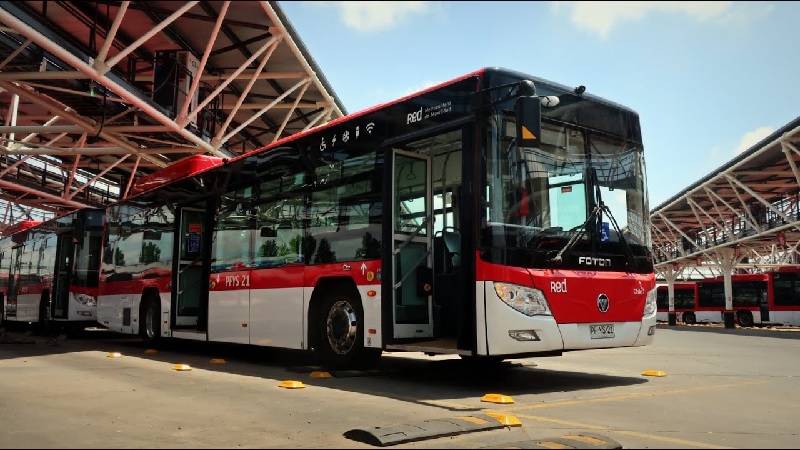According to the National Electromobility Strategy in force in Chile, from 2035 onwards, 100% of new buses added to the country’s public transport system must be electric.
Accordingly, this means that units entering the system by the last day of 2034 may have another type of energy propulsion.
Although we are still more than a decade away from that time and it is difficult to predict how the market will behave at that time in terms of supply, prices, etc., what we must start working on now is the preparation of the energy infrastructure to be able to support the load of a complete fleet of e-buses.
«Indeed, this will require joint work between the authorities, suppliers, operators, energy companies and others,» admits Cristian Contreras, manager of electromobility at the Kaufmann Group.
Santiago is the geographic sector that has the advantage of already having more than 700 electric buses in circulation and is now facing the gradual incorporation of almost a thousand more in the coming months.
But, it should not be overlooked or overlooked that – according to data from the Ministry of Transport and Telecommunications – the total urban bus fleet in the regions is 10,478 units operating under the umbrella of 142 operators.
«Regions will be a challenge because of the nature of transport itself, each city will require a solution according to its own characteristics,» says Cristian Contreras.
Regarding the energy needs that will be faced, the Kaufmann Group’s electromobility manager comments: «Chile has a national strategy to decarbonise the energy matrix, therefore, clean energy should be the main source of power for the matrix».
On this, the previous government reached a voluntary agreement with the member companies of the Chilean Generators Association, AES Gener, Colbún, Enel and Engie, not to start new coal-fired projects without carbon capture and storage or other equivalent technologies.
A Working Group coordinated by the Ministry of Energy was also created to analyse the technological, environmental, social, economic, safety and sufficiency elements of each plant and the electricity system as a whole, among others, in order to establish a timetable and conditions for the programmed and gradual cessation of the operation of coal-fired power plants that do not have carbon capture and storage systems or other equivalent technologies.
Again, there is currently no public transport operator with a fully electric fleet.





















